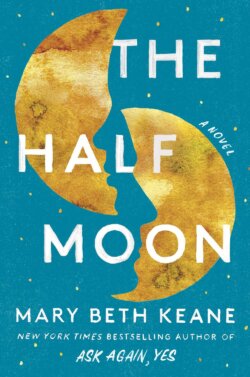When I was 18, I found myself living on my own and quickly discovered that I didn’t know how to do it. It was hunger that finally motivated me to seek help in the form of an adult figure I trusted: Martha Stewart. I gamely subscribed to her magazine, and in the intervening decades, what began as an attempt to receive simple instruction on how to cook myself a hamburger has metastasized into a person who is completely inflexible about leaving dishes in the sink, the laundry schedule and cleaning the upholstery.
This self is very stressed. She is also, in a suspicion I hold at the very edges of my consciousness, scary and unpleasant.
Upon first cracking the cover of Alison Throckmorton’s The Good Enough Guide to Better Living: Leave Your Dishes in the Sink, Serve Your Guests Leftovers, and Make the Most Out of Doing the Least at Home, it felt clear that I would simply have to take this funny little book as tongue in cheek, have a laugh and be done with it. It was best not to overexamine why the section on leaving the dishes to soak ad infinitum gave me a small muscle spasm.
Throckmorton’s great success with this book, through all the quippy humor and highly designed pages, is to hilariously reorient the home as the place where living happens. The dishes are dirty because you used them, and have remained dirty because your life is full—whether it is full of children, of friends or of Netflix is beside the point. The bedside table is cluttered with items because the bed is cozy, and having everything you need at arm’s length will allow you to stay there for as long as possible. When entertaining friends, who cares if the canapes are made with saltines if you’re having fun? Macaroni and cheese is an infinitely flexible dish; we wouldn’t eat fistfuls of carbs and shredded cheese if it wasn’t delicious.
I would not say that Throckmorton has made me a convert. But I will say that I let the dishes “soak” for two hours while I watched “The Buccaneers” under a blanket. That’s saying something.




























































